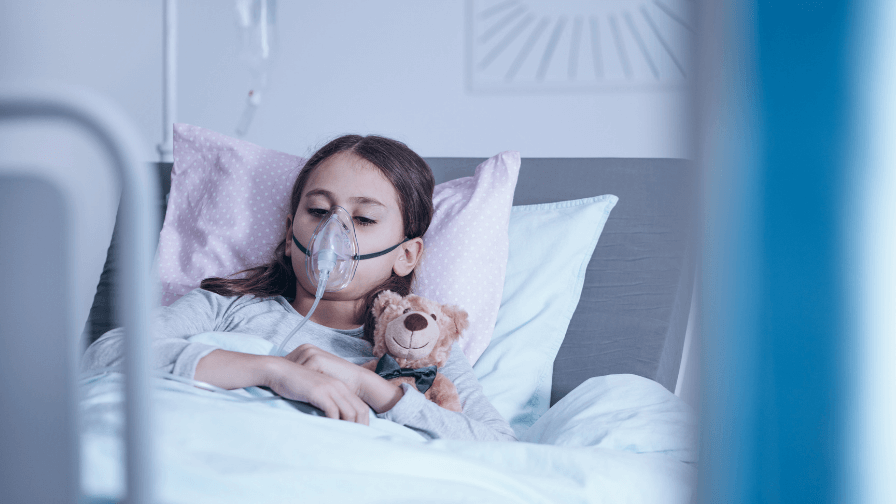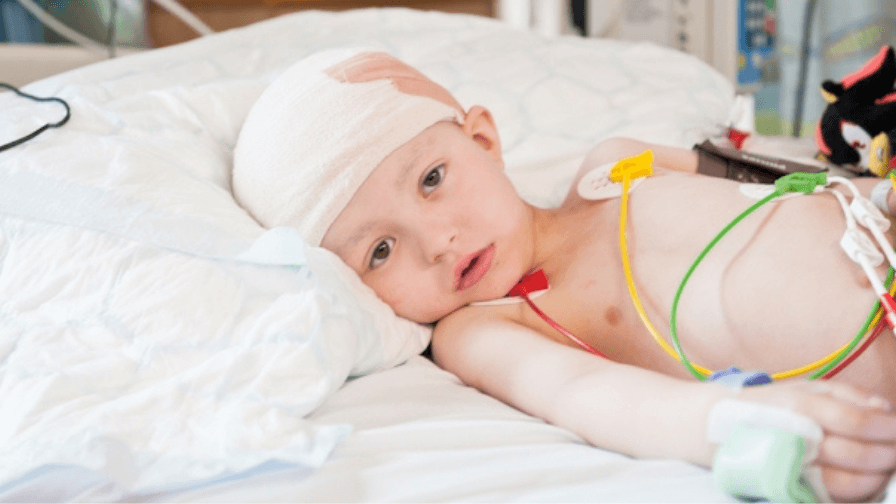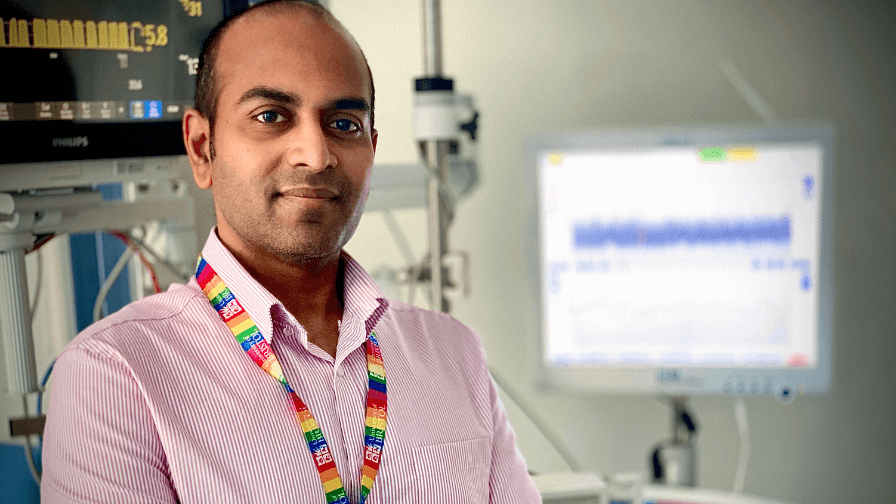COVID-19 RESEARCH
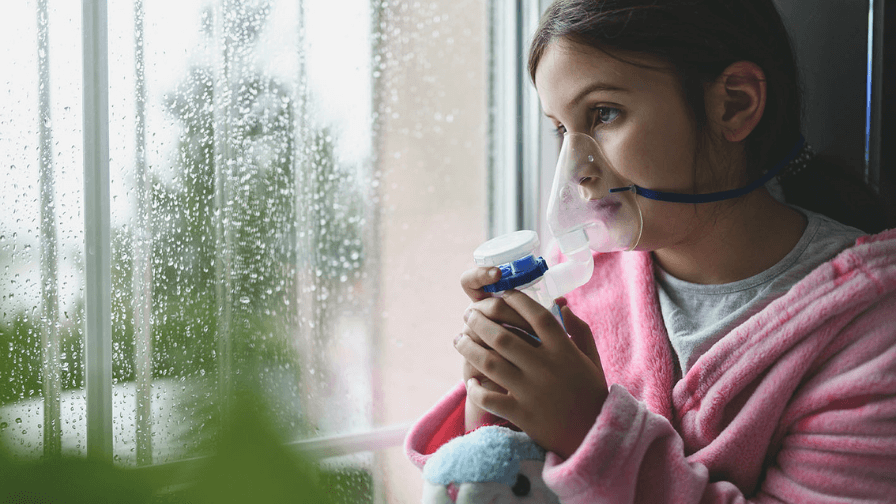
Improving the mental health and well-being of children with long COVID
Many children with long COVID describe experiencing ongoing breathlessness and feelings of anxiety or low mood several weeks after infection. These problems can sadly impact their physical, mental or social well-being, interfering with their daily lives, such as their education.
That's why Dr Samatha Sonnappa of the Royal Brompton Hospital in London, is working alongside children with long COVID to develop a new online treatment programme to reduce the impact of symptoms associated with the condition. The programme will include breathing and relaxation techniques and ways to manage anxiety to help improve the well-being of children with long COVID.
You can learn more about this programme on our Long COVID: developing a new online treatment programme to address breathing difficulties and mental health problems in children and young people project page.
We hope this will ultimately lead to an effective new treatment that can help improve the lives of children with long COVID.
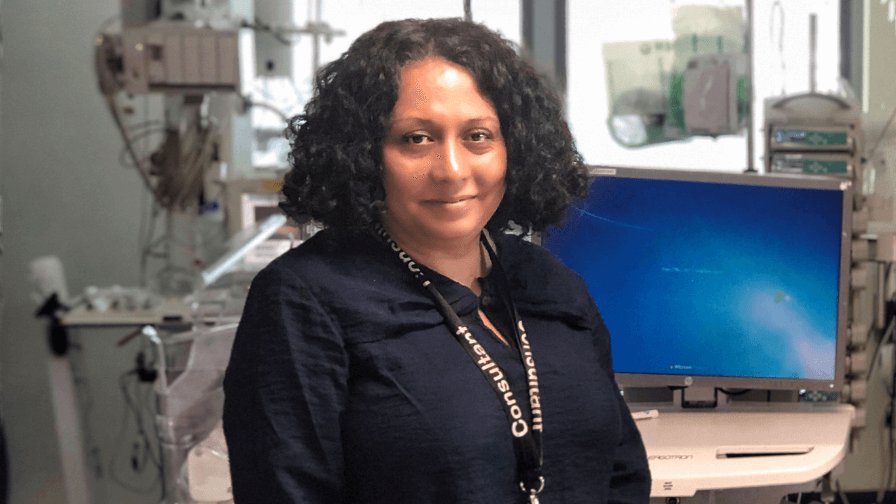
Identifying risk factors
Although children are generally less affected by SARS-CoV-2, some children will develop severe COVID-19 and become critically ill with a much wider range of symptoms than adults – a rare condition known as Paediatric Multisystem Inflammatory Syndrome (PIMS). Whilst most will recover from the initial illness, these children can face lasting problems that impact their long-term health and well-being.
At the University of Cambridge, Dr Nazima Pathan's research aims to identify biological factors that can influence a child’s risk of severe COVID-19 and the long-term complications from the illness. She hopes it can lead to earlier and more personalised treatments to help give these children the best possible outcome.
This research also expects to uncover new knowledge about why children with COVID-19 are more protected from the disease compared to adults – and why they have different symptoms. To learn more please visit our COVID-19 – identifying risk factors for severe disease or long-term complications in children project page.
Our findings could lead to early, personalised treatment for children who are severely affected with COVID-19, giving them the best chance of a full and rapid recovery.
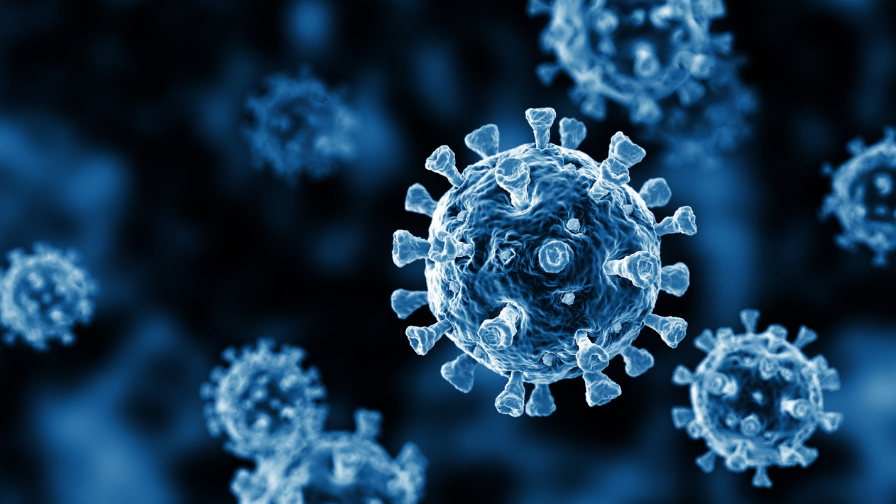
Understanding how COVID-19 affects the brains of children with long COVID
Currently it is unclear how SARS-CoV-2 causes persistent symptoms in some children and what the long-term consequences are for children affected by long COVID. But one possibility is that some symptoms may be caused by ongoing mild inflammation in the brain.
Dr Nathalie MacDermott of King’s College London will carry out brain scans of children with long COVID to determine if they have or may have had some inflammation in their brain.
By establishing if children with long COVID do have detectable brain changes, it could provide vital new insight into the underlying disease processes, the likely long-term outcomes for these children and how best to help their recovery. To learn more please visit our Long COVID: understanding how COVID-19 affects the brains of children with persistent symptoms project page.
We hope our results will lead to new tests to identify children and young people with brain changes associated with long COVID – and new treatment strategies to give them the best possible long-term outcome.”
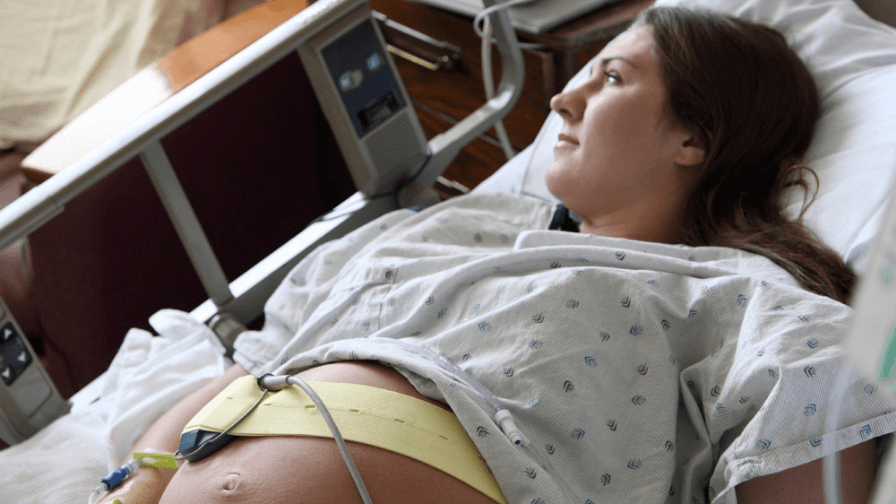
Understanding infection in pregnant women and their babies
It’s thought that thousands of pregnant women in the UK are likely to have been infected with SARS-CoV-2 – many with no symptoms. Professor Kirsty Le Doare at St George’s University of London is leading a study that aims to screen pregnant women from a variety of hospitals across England to identify how many women have been infected with the virus – and whether the virus or protective antibodies are passed from the mother to her baby during pregnancy, delivery or breastfeeding.
Professor Le Doare hopes her findings will help inform how to protect women and their babies from any potential risks from this virus, both now and in the future. If you'd like to learn more please visit our COVID-19: Understanding SARS-CoV-2 infection in pregnant women and their babies project page.
We hope that our findings will help to reassure pregnant and breastfeeding women about how to safely care for their babies. It will also help inform future decision-making about vaccinating pregnant women to help protect them and their babies from infection.



